
There is a new crown jewel in the Asian fashion and luxury market – not just a local success but a phenomenon gaining momentum worldwide. We are talking about South Korea, its consumers, its culture, and, most of all, the incredible success of K-pop music and its stars, who are currently winning over the world’s leading fashion houses, from Chanel to Saint Laurent.
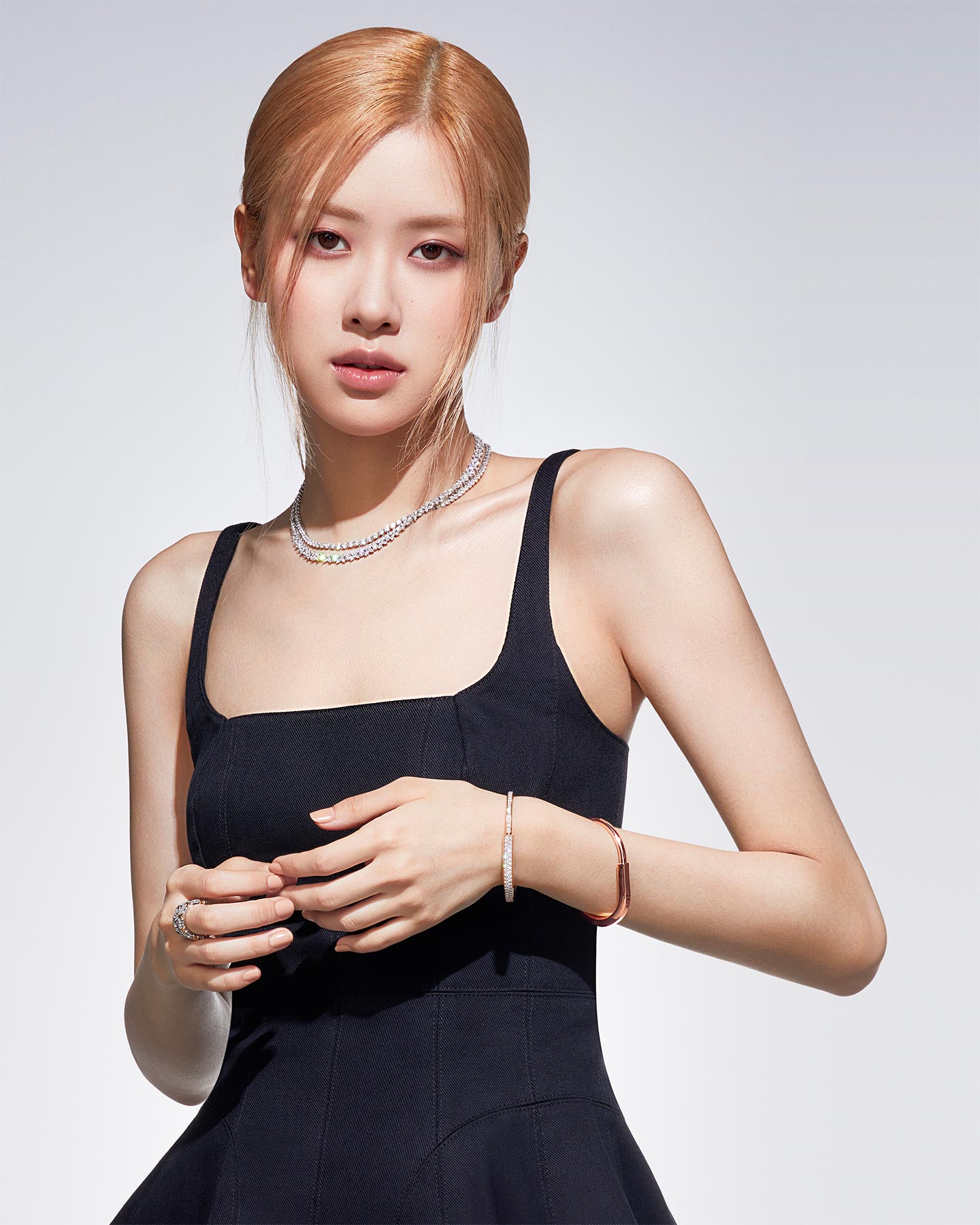
In January 2023, Tiffany & Co. celebrated the global launch of the Tiffany Lock collection with a new campaign starring brand ambassador Rosé from girl group Blackpink. © Tiffany & Co.
Over the past two years, South Korea has undergone a profound transformation, emerging both in terms of cultural relevance and the number of high-end consumers
After the long lockdowns that have been taking turns in China last year, the Far East’s run in the luxury sector has been carrying on thanks to this small country. Far from competing with Greater China in terms of area and density, South Korea has emerged in the last few months for cultural relevance and numbers of high-end consumers, representing a positive item on corporate balance sheets and capturing the attention of analysts and industry experts.
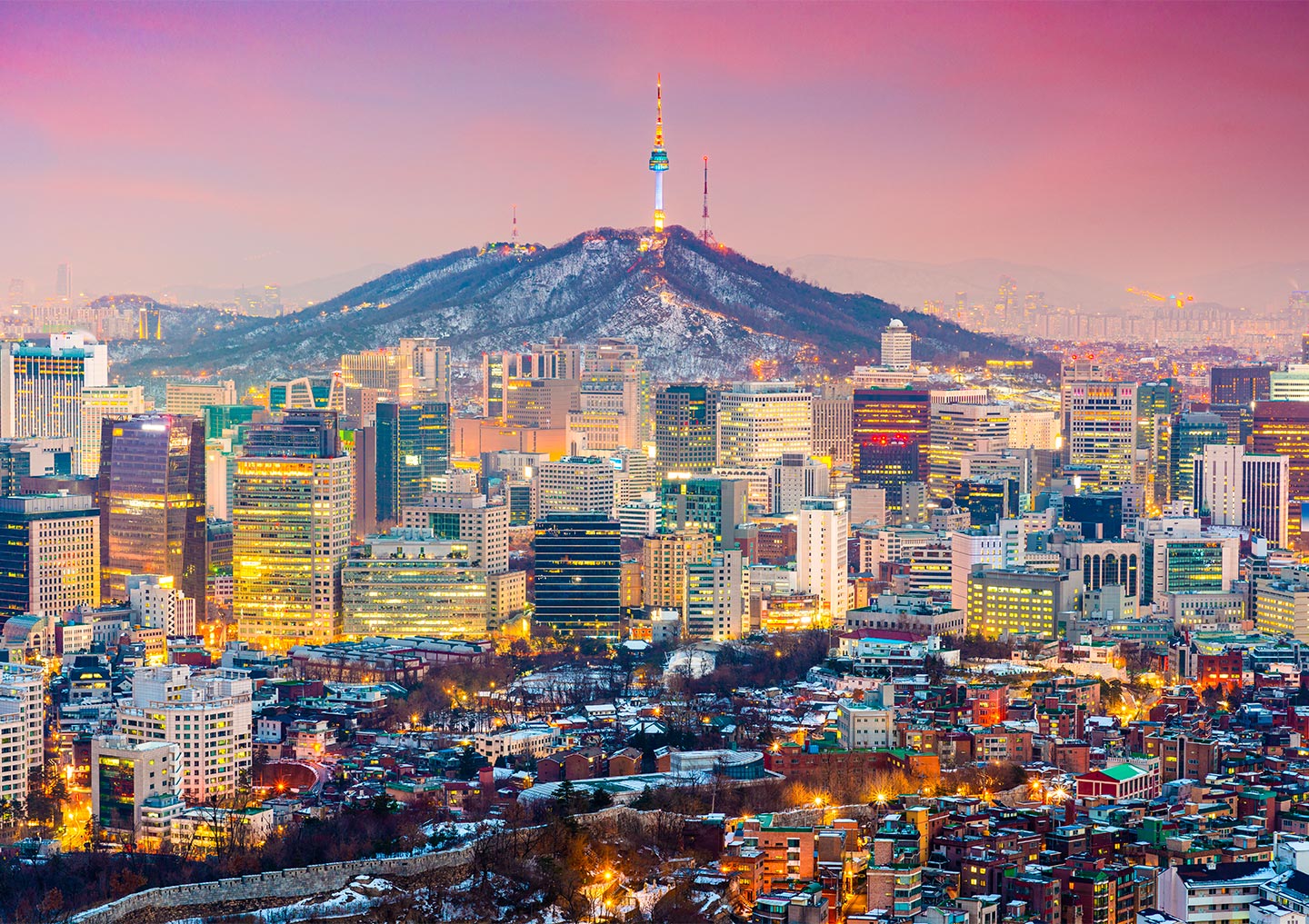
Seoul, South Korea Numbers might not be as big as China’s, but there is no doubt that South Korea has become the new Japan for the global fashion industry. “If you look at the size of the Korean luxury market compared to the Japanese one, you can see that the first one is growing significantly, and the gap is now reduced well below 50%,” stated Roberto Costa, head of global luxury investment banking at Citigroup. Also, Bain & Company highlighted the strength of this small emerging region. “South Korea’s performance is remarkable. Analysts confirmed the country to be a small but very dynamic market,” explained Claudia D’Arpizio, senior partner and global head of fashion & luxury at Bain & Company. “In the past two years, South Korea has undergone a profound transformation, increasing its size and cultural relevance. As a result, brands have successfully reinvented their business model to meet the growing local demand.”
Seoul as the place to be for international fashion brand shows, gatherings and events
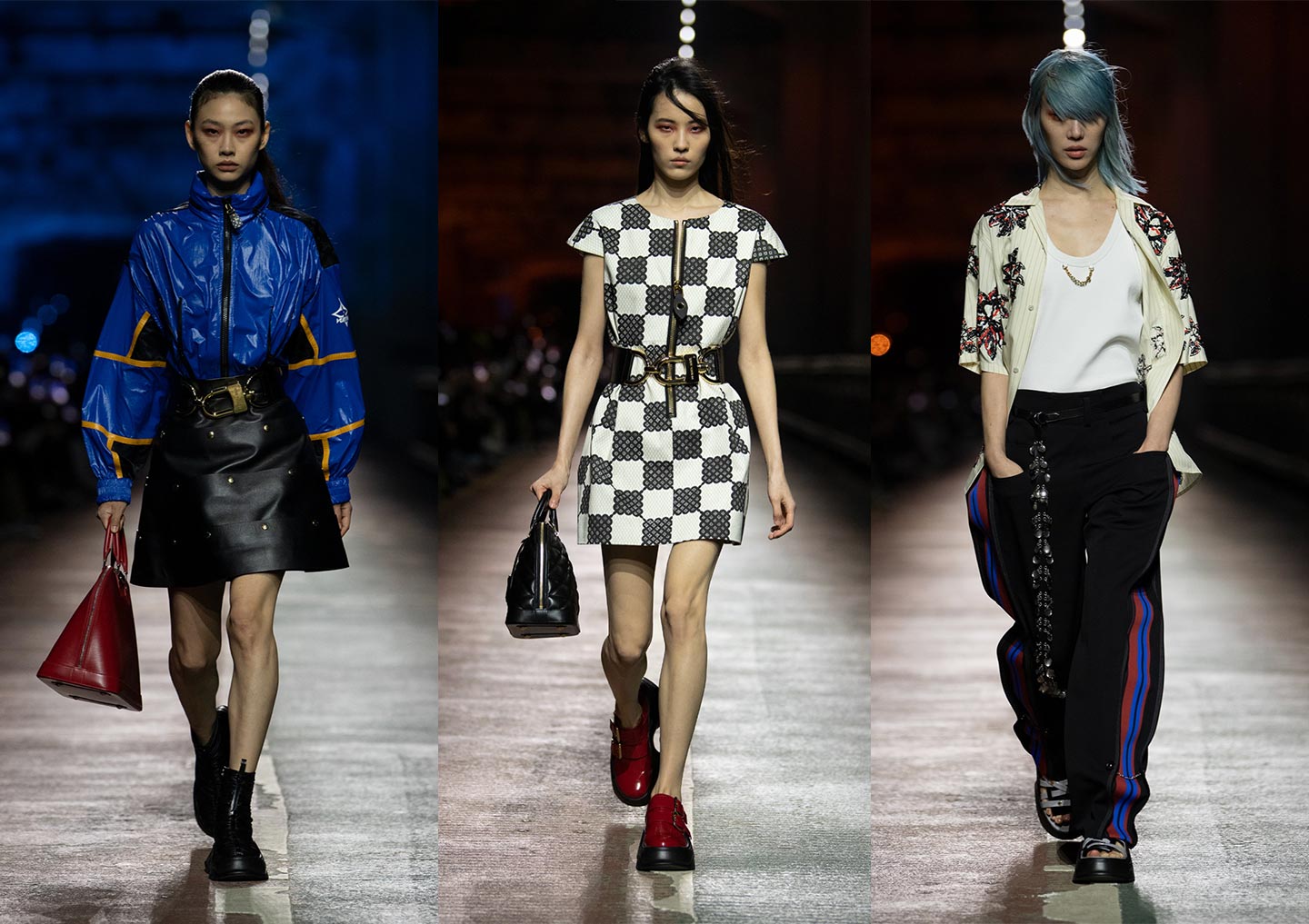
Nicolas Ghesquière presented his women’s Pre-Fall 2023 collection for Louis Vuitton on the Jamsugyo Bridge in Seoul, on Saturday, April 29th © Louis Vuitton Seoul has somehow become the new hot destination, with many brands hosting huge events and fashion shows there. The capital of South Korea was chosen by Dior to show Maria Grazia Chiuri’s creations in May 2022, by Alexandre Mattiussi’s brand Ami Paris to unveil the new spring-summer 2023 collection in October, and even by Louis Vuitton, which just presented Nicolas Ghesquiere's pre-fall 2023 women's collection there, and by Gucci, which will show its Cruise 2024 on May 16th. But back in July 2021, the late Virgil Abloh, then creative director of menswear at Louis Vuitton, presented a spin-off of his collection in Seoul, including the BTS – K-pop icons and brand’s global ambassadors – in the show finale.
South Korea had a 40% increase in sales compared to pre-pandemic levels, and the country accounts for more than 10% of consumers of brands such as Prada, Bottega Veneta, Burberry and Moncler in overall retail sales
“South Korea has been doing really well over the past year. It was a big Chinese touristic spot before the pandemic, but now they have been doing really strongly also without the Chinese visitors,” stated Carole Madjo, head of European luxury goods research at Barclays. “The local market looks a bit like Europe: when you have less or no Chinese tourists, the companies can work a bit more to focus on better targeting the locals. I think this is happening in South Korea as it happened in Europe during the pandemic, and you have seen the benefits from that. So, I guess this market is solid, and now, with the Chinese returning and travelling, I am sure it could only get a further boost. It is quite solid, definitely.”
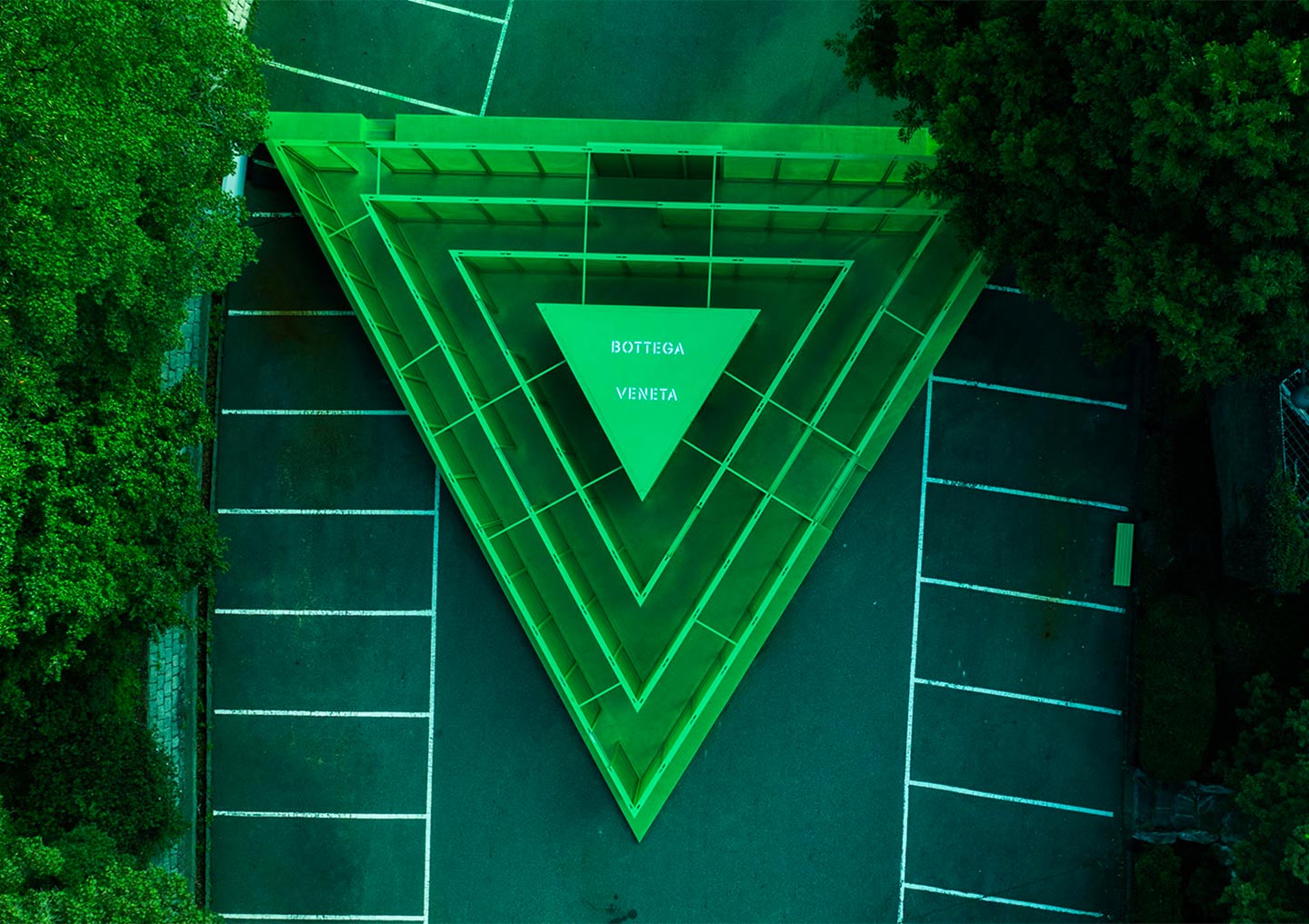
In October 2021, a triangular installation by Bottega Veneta, dubbed 'The Maze,' appeared in a car park in Seoul According to Morgan Stanley, South Korea had a 40% increase in sales compared to pre-pandemic levels, with a per capita expenditure for luxury goods of individual citizens equal to 325 dollars. Multiplied by 51.3 million inhabitants, it means a figure of 16.7 billion dollars a year – which are the largest spenders, exceeding 280 dollars in the United States, 210 in Japan and 55 in China. Morgan Stanley’s analysts estimate that South Korea accounts for more than 10% of consumers of brands such as Prada, Bottega Veneta, Burberry and Moncler in overall retail sales.
From BTS’s J-Hope and Jimin to the gals of Blackpink and NewJeans, K-pop celebrities are now the favourite ambassadors of Western fashion houses
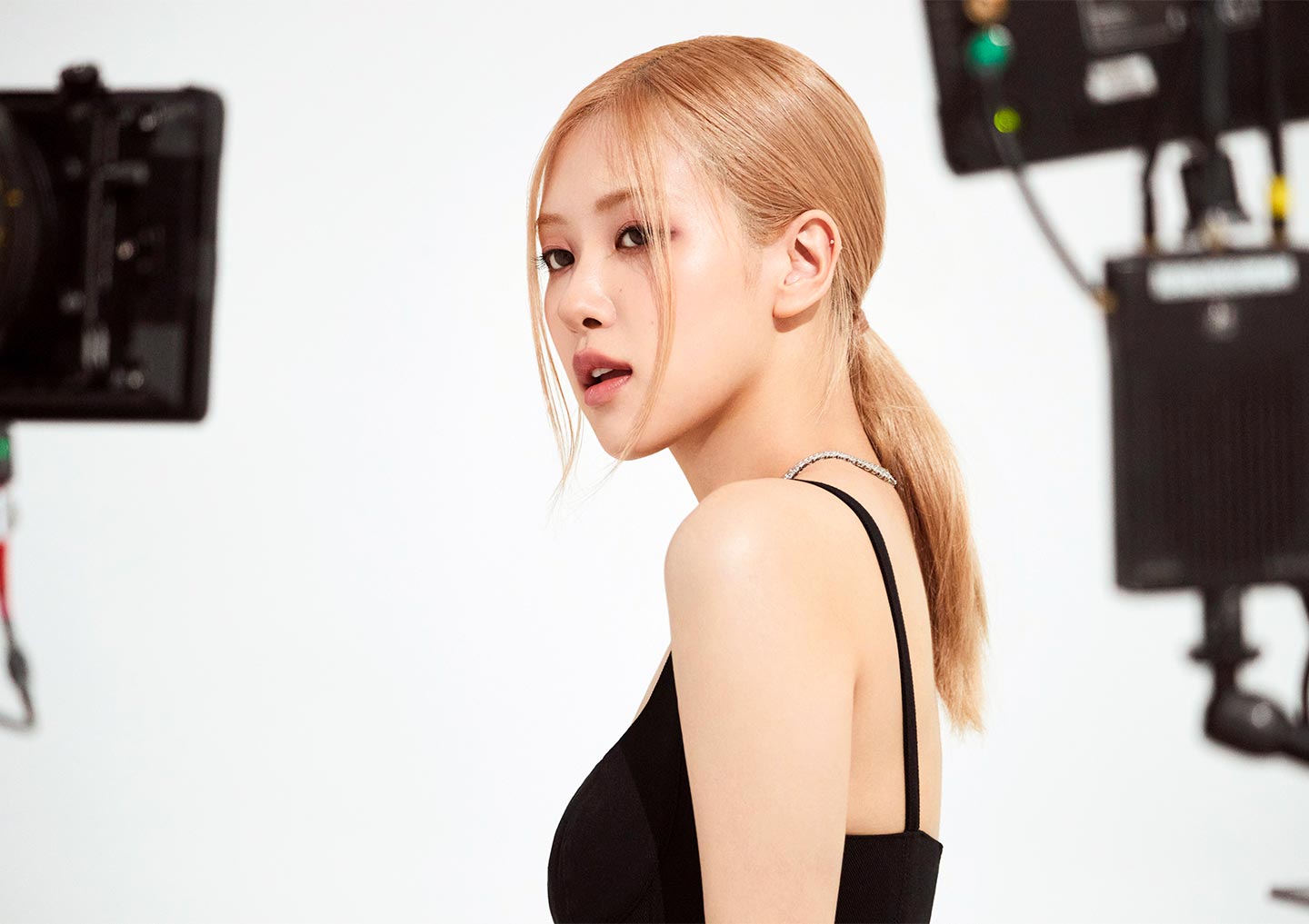
Behind the scenes of Tiffany & Co.'s campaign for the global launch of the Tiffany Lock collection starring brand ambassador Rosé. © Tiffany & Co. The appeal that the South Korean market has on luxury brands is witnessed by the numerous partnerships between Western fashion houses and local influencers and celebrities. Brands such as Chanel, Celine, Saint Laurent, Tiffany & co or Cartier recruited as brand ambassadors the members of the K-pop girl band Blackpink, the singers Kim Ji-soo, Jennie Kim, Rosé and Lisa. The group, stars of campaigns, red carpets and front rows, chose four total pink looks designed by Casey Cadwallader for Mugler for a photo shoot that announced the release of their latest single. Even Hanni, a member of the NewJeans, was appointed as global brand ambassador for Gucci and is starring in the latest Horsebit 1955 campaign, while BTS’s Jung Kook is the new face of Calvin Klein.
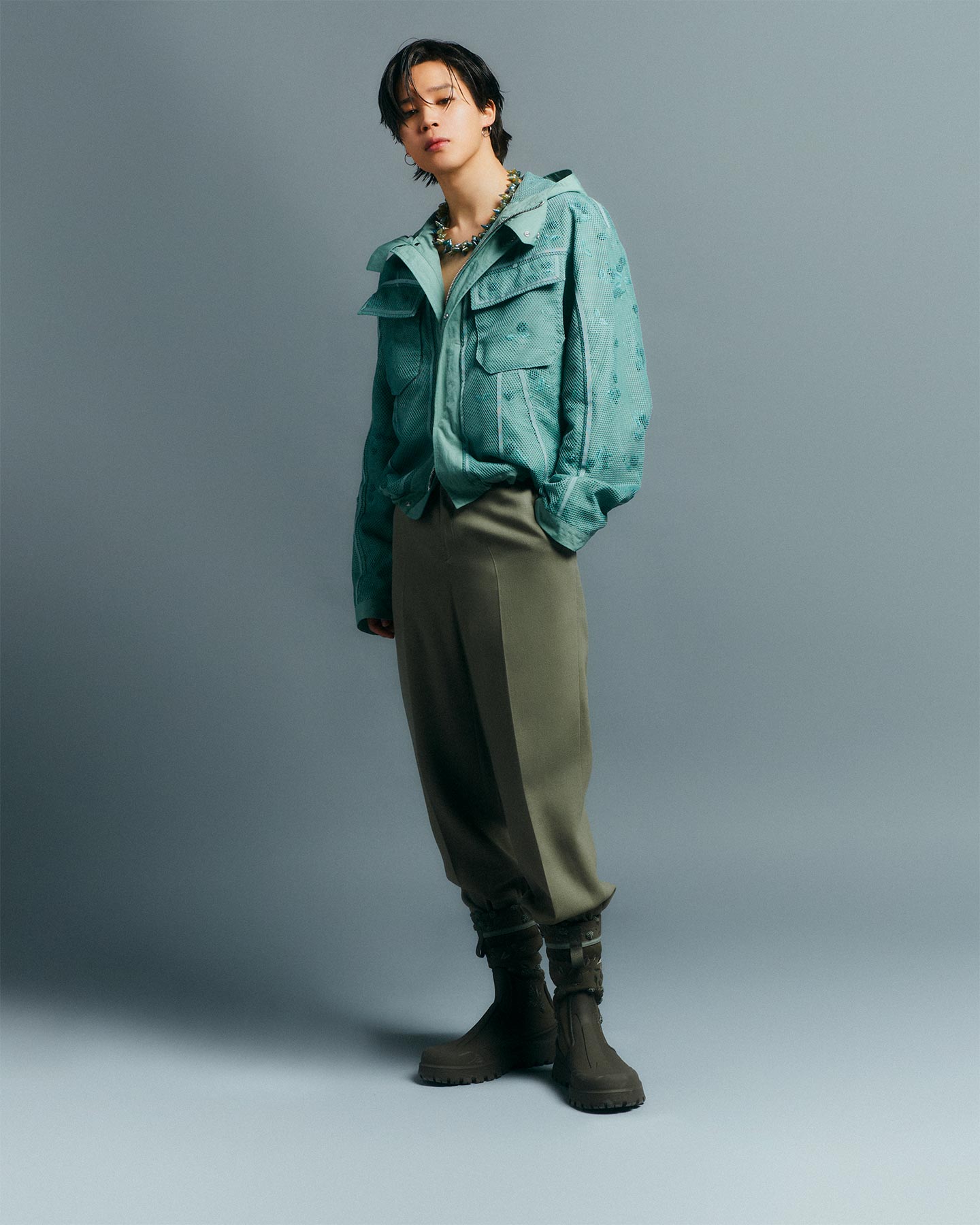
South Korean singer, dancer and songwriter Jimin as Dior's new global ambassador. © Dior Therefore, it is not surprising that during the latest Milan men’s fashion week in January, Prada’s guests, the Enhypen – with more than 12 million followers on Instagram – literally blocked traffic around Fondazione Prada with hundreds of fans waiting for them outside the show from the early morning. The same happened in Paris, with the members of the BTS – around 73 million followers – attending the fashion shows. Valentino chose BTS member Suga (over 44 million followers on Instagram) as its brand ambassador, Dior and Tiffany & Co. appointed his colleague Jimin (over 49 million followers), and Louis Vuitton hired J-Hope (over 45 million followers).
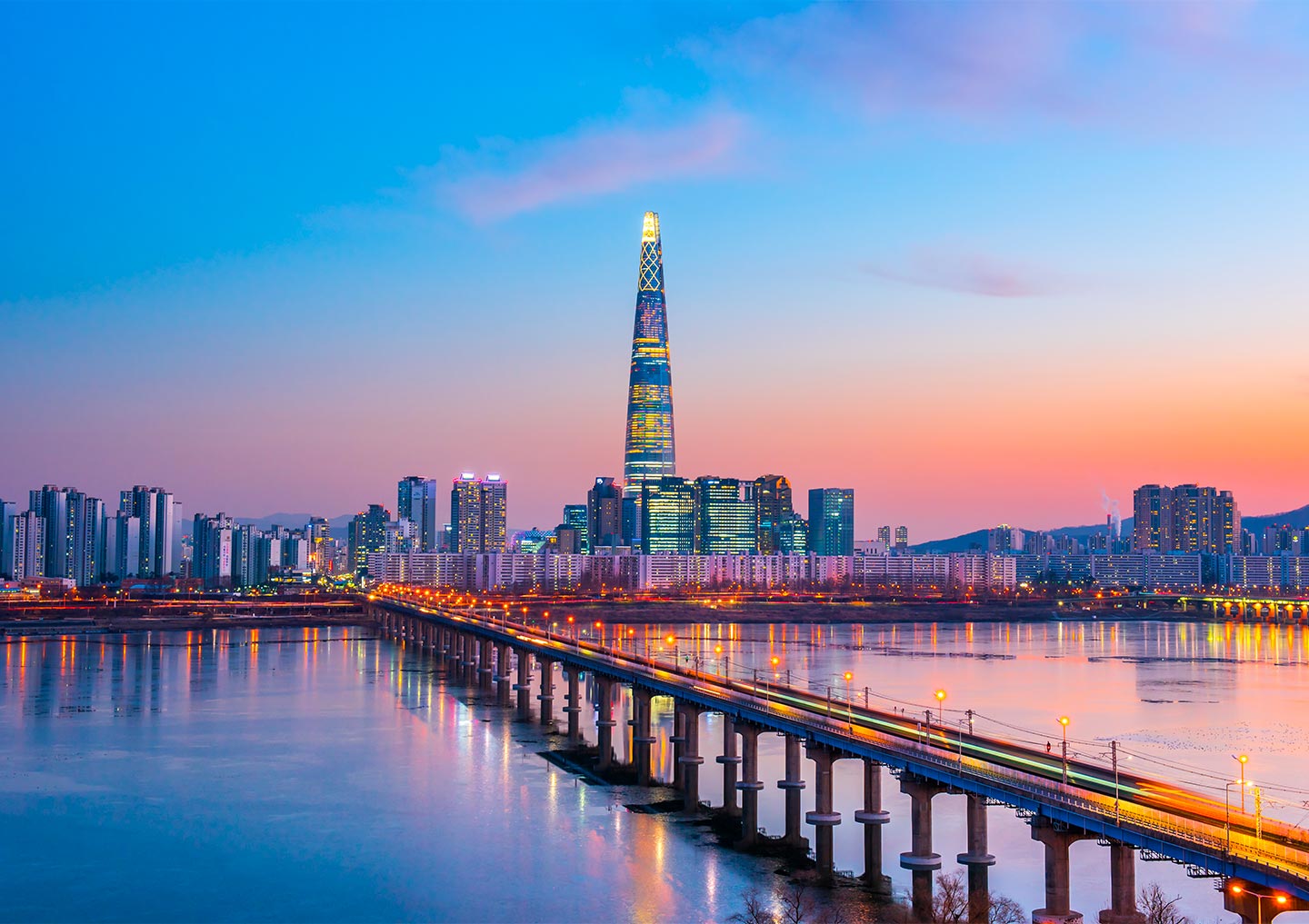
Seoul City skyline by the Han River in Seoul, South Korea According to economist Kim Seiwan, a professor at Ewha Women’s University in Seoul, K-pop generates about 10 billion dollars a year for South Korea and has become a powerful form of marketing. This is because the phenomenon is becoming more and more viral. The influence of these Asian pop stars has reached worldwide coverage, becoming one of the main attractions for the new generation. And fashion houses are riding the wave.
Clementina Bianchi
Editor

